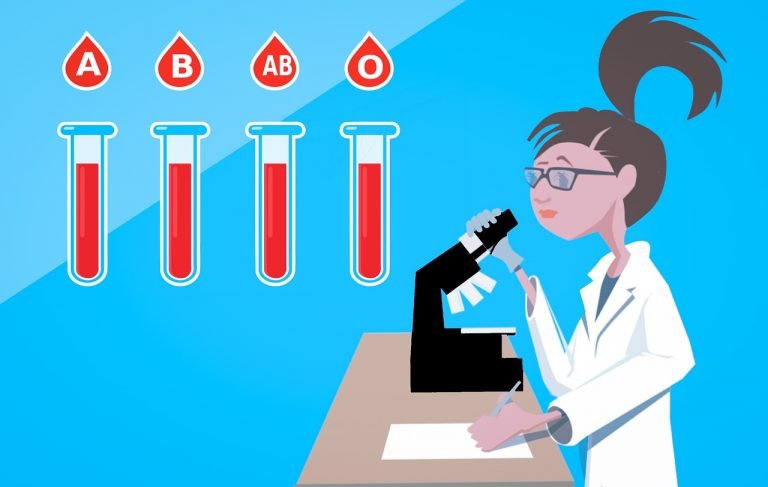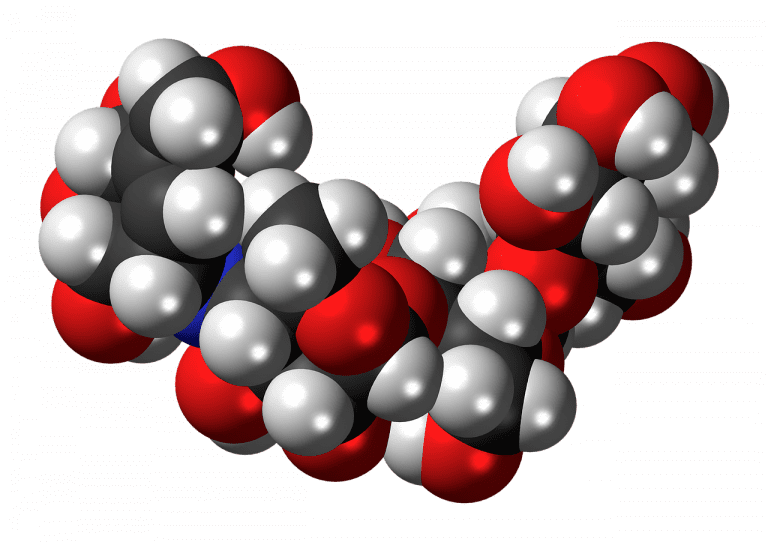Table of Contents
Diabetes vs Insulin Resistance
There has been a great deal of confusion about diabetes vs insulin resistance between the two forms of diabetes. The common understanding is that insulin resistance is what causes the diabetes, while hypoglycemia is what happens when the diabetes is present. However, this is a distinction without a real distinction. In fact, research shows that there are many different types of diabetes. It is important to understand what each one is instead of simply referring to them as diabetes. This will help you understand what is the difference between insulin and glucose.
Insulin is a hormone made by the pancreas.
The pancreas sends insulin to cells throughout the body to provide glucose to fuel them so they can function properly. Insulin is secreted in response to the need for glucose and is immediately available to cells when glucose is in the blood stream.
However, when blood sugar is high, the pancreas secretes more insulin than it normally would. This extra insulin does not go to the cells immediately but waits until the blood sugar reaches a certain point. When the blood sugar reaches this point, the pancreas makes more insulin. At this point, the cells are now insulin resistant. This is what allows the blood sugar levels to go up and eventually result in diabetes.
The glucose that the cells use to fuel themselves is not produced in their tissues, but rather they are made within the liver from glucose that is consumed by the cells. Once there is a high level of glucose in the blood stream, the liver produces less insulin. This means that the body has a greater need for insulin to bring the blood sugar back down to a healthy level. In addition to insulin resistance, another cause of diabetes is the decrease in the production of insulin. This leads to an increased dependence on sugar and the metabolic process that creates additional fat.
When comparing diabetes vs insulin resistance, you will find that one of the biggest factors is obesity. A much higher percentage of people with diabetes have obese forms of diabetes, usually due to being overweight. Of course, this doesn’t mean that someone who is underweight can’t develop diabetes. But, it does indicate that those that are heavier are at a much greater risk for insulin resistance.
Diabetes vs insulin resistance obesity risk
One of the reasons that obesity causes a greater risk of diabetes is because the extra pounds that are added to the body lead to problems with digestion. As the excess weight presses against the abdomen and causes blood to flow into the digestive system, the stomach acids are then forced into the esophagus. In order to break down these stomach acids, your body needs to release insulin. However, if you have obesity, this may not be possible, and insulin production will therefore increase in order to compensate for the increased level of stomach acid.
Obesity also increases the risk of developing diabetes by changing the process in which our bodies absorb glucose. It is important to note that insulin resistance can happen without the use of any type of medication. It is also possible to be insulin resistant without having diabetes. For example, our bodies can produce the insulin that we need on their own, without having to take any insulin tablets, and this can happen if we are healthy and we remain lean.
The link between diabetes and obesity is an important one, because the two go hand in hand. If you have diabetes, you will definitely want to maintain a healthy weight. The better that we do in terms of being fit and healthy, the more likely that we will live a long and a healthy life. Therefore, if you are obese or overweight, it may be time to begin exercising and living a healthier lifestyle in order to combat the risk of diabetes and insulin resistance.







